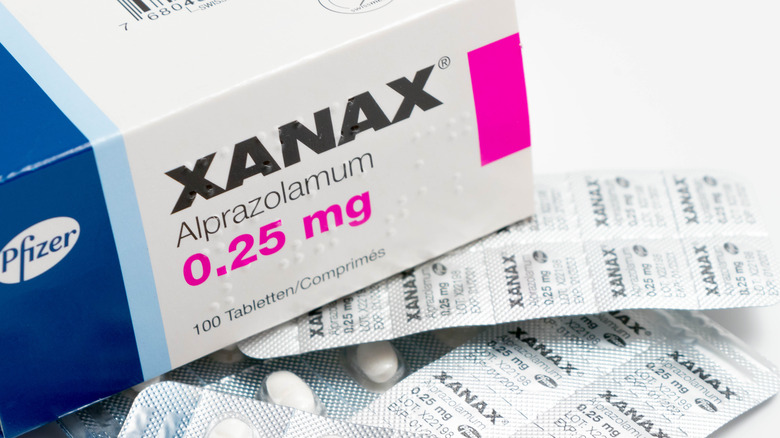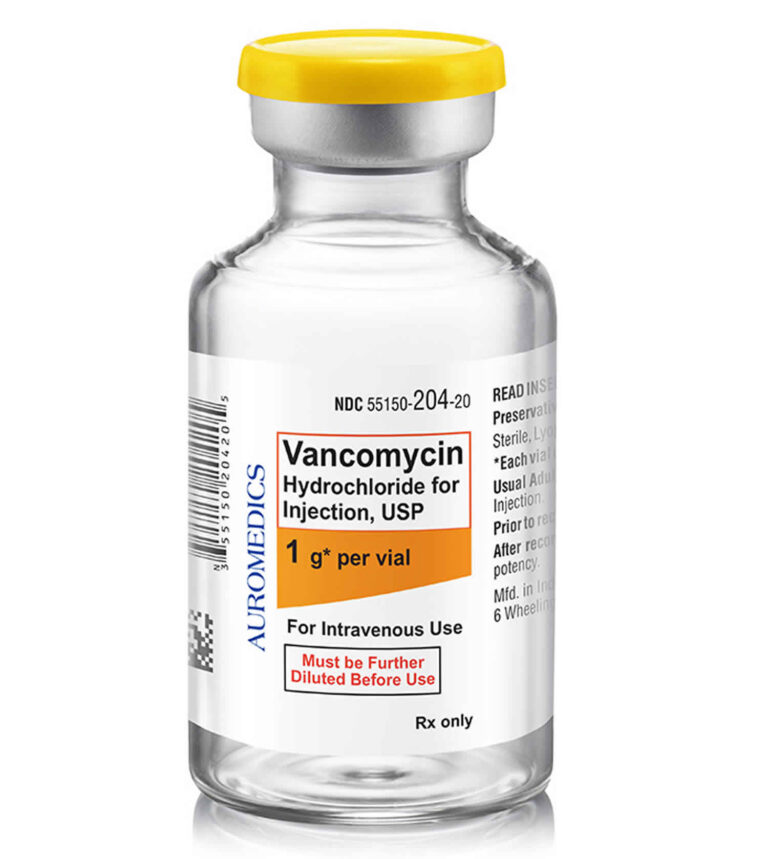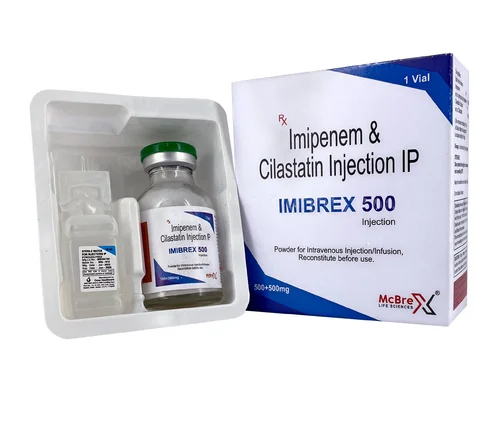
The medication known as Alprazolam falls under the category of benzodiazepines. It is primarily used to manage anxiety disorders, panic attacks, and related conditions. This article offers a detailed profile of alprazolam, discussing its uses, mechanism of action, side effects, dosage, interactions, and popular brand names.
What is Alprazolam?
Alprazolam, a short-acting benzodiazepine, is often indicated for individuals suffering from anxiety and panic disorders. It works by affecting the central nervous system to produce calming effects, helping to relieve symptoms like excessive worry, restlessness, and fear. Alprazolam is often preferred for its fast-acting nature and efficiency in controlling acute anxiety.
Therapeutic Uses of Alprazolam
Alprazolam is used in the treatment of:
- Generalized Anxiety Disorder (GAD):
- Helps reduce persistent and excessive worry.
- Provides relief from physical symptoms such as restlessness and muscle tension.
- Panic Disorder:
- Used for panic attacks, with or without agoraphobia (fear of open or public spaces).
- Effective in managing sudden, intense anxiety episodes.
- Short-term Management of Anxiety:
- Often prescribed for short durations to treat anxiety caused by stressful life events or transitions.
Mechanism of Action
The mechanism of action of Alprazolam involves the enhancement of the neurotransmitter gamma-aminobutyric acid (GABA). By increasing GABA activity, alprazolam produces anxiety-relieving effects and induces muscle relaxation and sedation.
Dosage and Administration
Alprazolam is available in tablet form, typically in strengths of 0.25 mg, 0.5 mg, 1 mg, and 2 mg. The dosage depends on the condition being treated, patient age, and response to the medication.
General Dosage Guidelines:
- For Anxiety:
- Initial dose: 0.25 to 0.5 mg, taken 3 times daily.
- The dose may be gradually increased to a maximum of 4 mg per day, depending on the patient’s needs.
- For Panic Disorder:
- Starting dose: 0.5 mg, taken 3 times daily.
- Can be increased, with a maximum dose of 10 mg per day based on clinical response.
Side Effects of Alprazolam
Despite the effectiveness of alprazolam, it can result in numerous side effects. Common side effects include:
- Drowsiness: May impair alertness and motor coordination.
- Dizziness: Feeling lightheaded or unsteady.
- Dry Mouth: A common complaint among users.
- Memory Impairment: Difficulty in retaining information or recalling events.
- Fatigue and Weakness: Users may feel unusually tired or weak.
Serious side effects include:
- Respiratory depression: Slowed or difficulty breathing.
- Dependence and Withdrawal: Prolonged use can lead to dependence, and sudden discontinuation can cause withdrawal symptoms.
- Severe Allergic Reactions: Rare but includes difficulty breathing, hives, or swelling.
Precautions and Warnings
- Pregnancy and Lactation:
- Alprazolam should only be used during pregnancy if the benefits outweigh the risks, as it can affect fetal development.
- It is not recommended during breastfeeding as it may pass into breast milk and affect the infant.
- Alcohol Consumption:
- Drinking alcohol while on alprazolam can increase the risk of serious side effects, including excessive sedation and respiratory depression.
- Older Patients:
- Older adults may be more sensitive to alprazolam, requiring lower doses due to a slower metabolism.
- Drug Interactions:
- Alprazolam may interact with other medications, including other CNS depressants, antifungals, and certain antibiotics.
Risk of Abuse and Dependence
Alprazolam has a potential for abuse due to its calming effects. Long-term use, especially in high doses, can lead to physical dependence and addiction. Discontinuing the drug suddenly may cause withdrawal symptoms such as anxiety, seizures, and insomnia.
Overdose, Antidot and Emergency Response
In the case of an overdose, symptoms may include extreme drowsiness, confusion, slow reflexes, and in severe cases, coma. Urgent medical intervention is necessary if an overdose is believed to have occurred. Treatment typically includes supportive care and administration of flumazenil, a benzodiazepine antagonist.
Popular Brand Names of Alprazolam
Several brands offer alprazolam with different specifications. Below is a table listing the most popular brand names and their details.
| Brand Name | Dosage Form | Strength | Country | Additional Info | |
| Xanax | Tablet | 0.25 mg, 0.5 mg, 1 mg, 2 mg | USA | Most popular and widely prescribed. | |
| Xanax XR | Tablet (Extended Release) | 0.5 mg, 1 mg, 2 mg, 3 mg | USA | Extended-release formulation. | |
| Alprazolam Teva | Tablet | 0.25 mg, 0.5 mg, 1 mg, 2 mg | Canada, UK | Generic version of Xanax. | |
| Niravam | Tablet | 0.25 mg, 0.5 mg | USA | Rapid-dissolving formulation. | |
| Kalma | Tablet | 0.25 mg, 0.5 mg, 1 mg | India | Common generic brand in India. | |
| Alzolam | Tablet | 0.25 mg, 0.5 mg | India | Popular in Middle Eastern countries. |
Conclusion
Alprazolam serves as a potent therapeutic option for managing anxiety and panic disorders. When used correctly under medical supervision, it can significantly improve a patient’s quality of life. However, due to its potential for dependence, it is essential to use this drug responsibly and be aware of its possible side effects and interactions. Always consult a healthcare professional before starting or discontinuing alprazolam.



